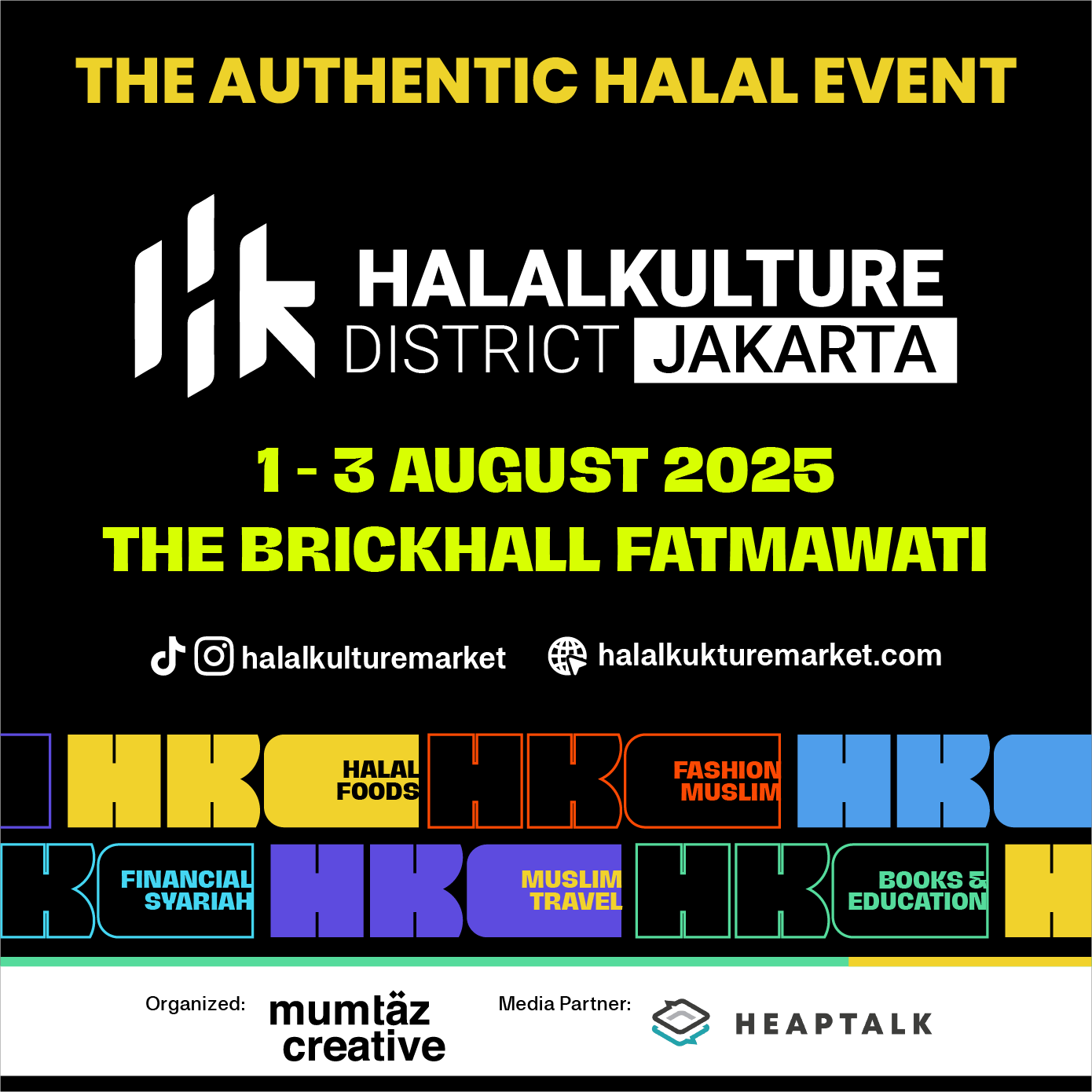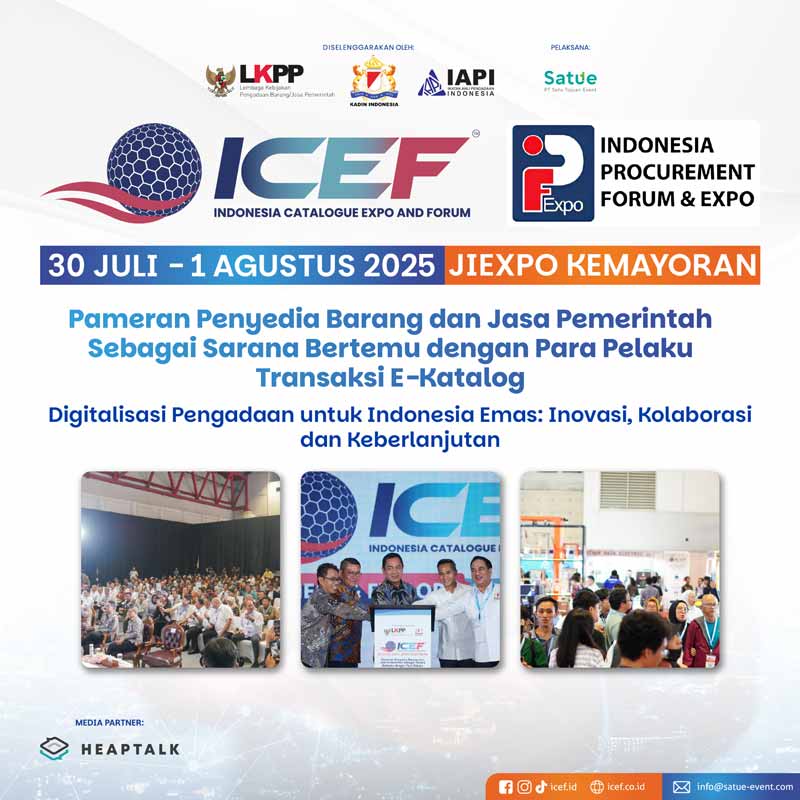Heaptalk, Jakarta — Amid public protests over the planned increase in Value-Added Tax (VAT) to 12%, Finance Minister Sri Mulyani has opened the possibility of granting tax evaders amnesty through a third round of the Tax Amnesty program.
“This Tax Amnesty program is included in the Draft Legislative Priorities (Prolegnas) for 2025. This indicates that the government and the House of Representatives (DPR) are serious about revisiting a policy that previously succeeded in attracting substantial repatriated funds in 2016,” Sri Mulyani explained after meeting with the DPR in Senayan to discuss the tax evaders amnesty.
If implemented, this would mark the government’s third Tax Amnesty program, allowing taxpayers to disclose undeclared assets and receive exemptions from taxes and penalties. On the controversial VAT increase to 12%, Sri Mulyani stated it remains scheduled for January 1, 2025, as mandated by the law.
She said, “When we formulate tax policies, including this VAT, it’s not done recklessly or without consideration for other sectors, such as healthcare and even basic food needs at the time.” According to her, maintaining the health of the State Budget (APBN) is essential. “During the global financial crisis and the pandemic, we relied on the APBN,” she said.
Sutrisno Iwanto, Chairman of the Public Policy Division of the Indonesian Employers Association (Apindo), warned that the VAT hike would affect production and distribution costs, raising product prices. He urged the government to delay the implementation of the 12% VAT policy. “If possible, it should be postponed, but we are not pressuring the government,” he said.
Apindo also highlighted the broader impact of the 12% VAT, particularly given the public’s still-unstable purchasing power. This could risk declining production levels and reduced demand for raw materials. Entrepreneurs are further burdened by additional costs, such as halal certification and waste management, which inflate operational expenses.
A similar concern was voiced by the Indonesian Textile Association (API), which expressed apprehension about the planned VAT increase in 2025. The policy is feared to strain further the already struggling textile and textile products sector, which faces fierce competition from illegal imported products sold at low prices. “Illegal imported goods are cheaper, and consumers will flock to them without considering whether the goods have paid VAT,” concluded Jemmy Kartiwa Sastraatmaja, API Chairman.














